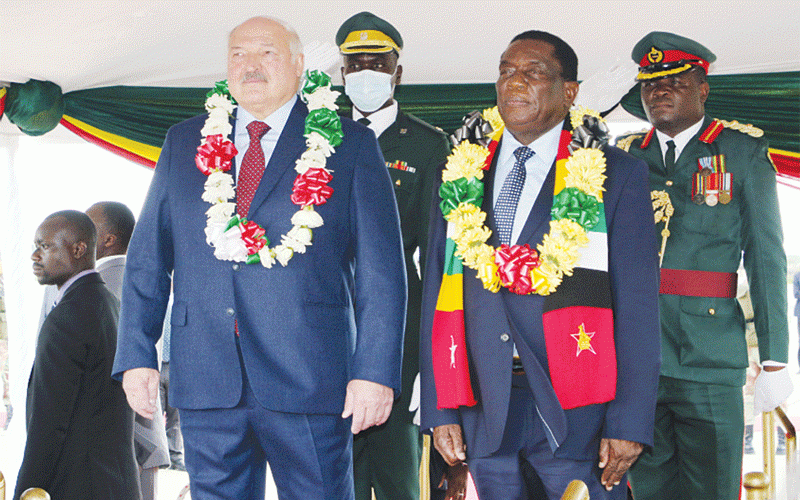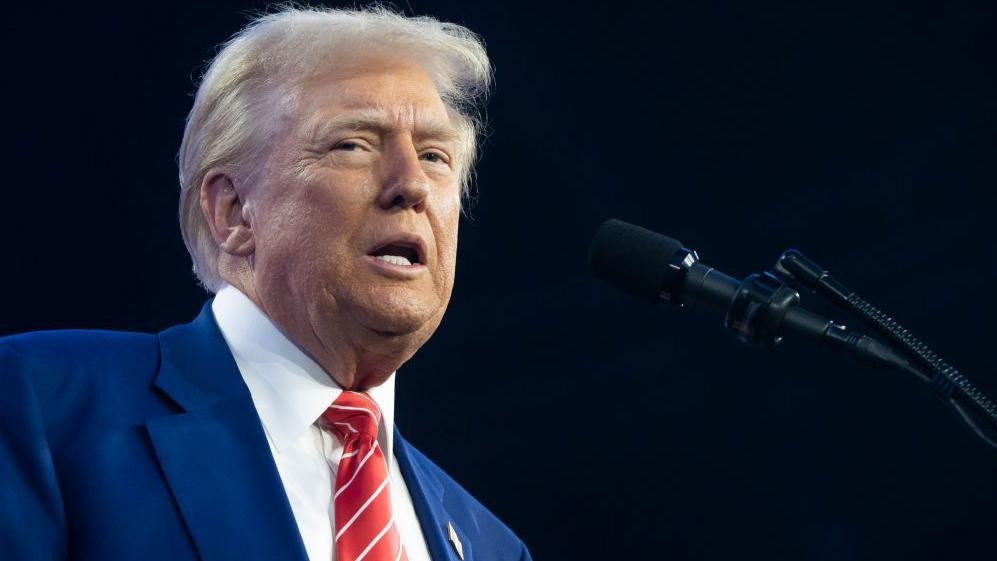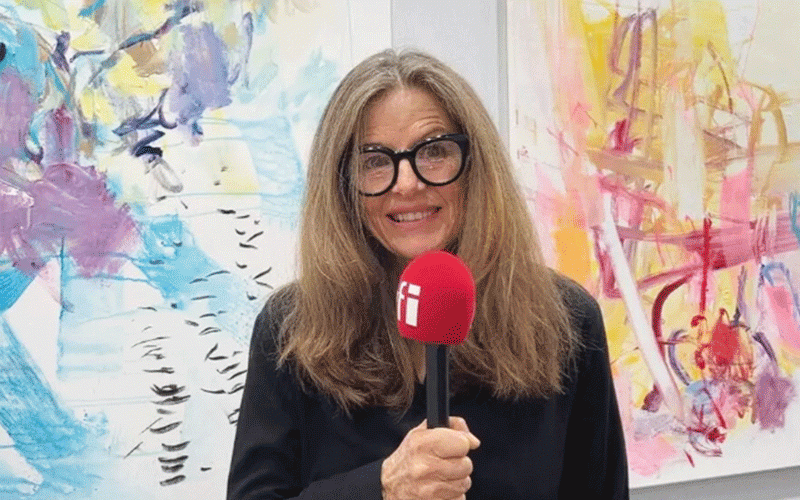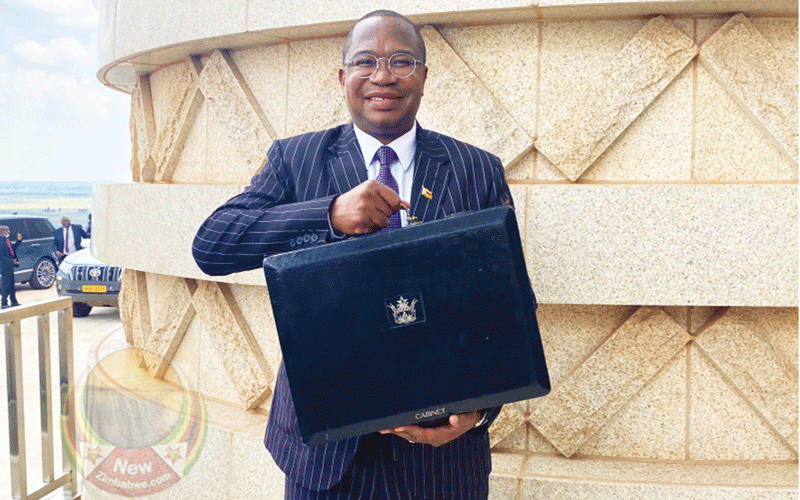
PRESIDENT Emmerson Mnangagwa has a new spring in his step. He is ready to get re-elected as president and nothing is being left to chance, including signing long-term agreements with foreign nations when he has less than six months remaining in office.
Mnangagwa this week played host to Belarus President Aleksandr Lukashenko, a man who is under sanctions from the West for human rights violations and shrinking democratic space in his country. His main contestant in the last presidential election is now in exile in Poland.
This is a relationship that has been foisted on Zimbabwe by circumstances and developments in world politics. Economic sanctions on Zimbabwe by the European Union and the United States since the turn of the century have forced Zimbabwe to look elsewhere for economic partners.
Pragmatism called for Zimbabwe to Look East for economic bailout. Belarus, therefore, can only be looked at as an extension of the Look East policy by Zimbabwean authorities.
The East, for a long time, meant China and Russia. However, Zimbabwe post-November 2017 coup has added Belarus, a Russian satellite to the group of nations that it is relying on for bilateral debts.
Mnangagwa did a State visit to Minsk in 2018, a visit which for a long time in Zimbabwe’s history had a coterie of private businesspersons in tow.
Belarus during Mnangagwa’s visit signed co-operation agreements with Zimbabwe in transport and agriculture.
Combine harvesters, tractors and other agricultural implements were procured. On the transport front, hundreds of buses were imported to Zimbabwe.
- Mr President, you missed the opportunity to be the veritable voice of conscience
- ED to commission new-look border post
- Zanu PF ready for congress
- EU slams Zim over delayed reforms
Keep Reading
Where the buses went and how they are used since their commissioning is a story for another day.
Lukashenko was in town. He wined and dined and memorandums were signed.
At least up to 20 agreements were signed, among them defence co-operation, agriculture, education and twinning of Harare and Minsk.
Very little was said about the defence co-operation agreement, but we can hazard a few things.
After two decades of sanctions, Zimbabwe military equipment is largely obsolete and urgently need refurbishment.
The European Union and the United States sanctions deter companies from trading with Zimbabwe in military hardware.
It is only the East — China, Russia and Belarus — that can do this without fear, because after all they are under sanctions from the US, albeit with different levels of intensity.
The sanctions, like Lukashenko said, have brought the countries under sanctions closer and they have no option, but to co-operate with each other if they have to survive the economic strangulation by the West.
It needs no further explanation that Belarus is supplying tractors and all other agricultural implements.
This deal alone, according to the Zimbabwe government, is worth US$66 million.
The structure of the deal is opaque and has not been explained.
If not properly executed, Zimbabwe may be on the verge of a second agricultural scandal, where the rich and politically-connected will get implements for free and the debt foisted on the taxpayer.
Mnangagwa also used the State visit to score one over the opposition. He neatly included Harare City Council to sign a twinning agreement with Minsk, Belarus capital.
Mayor Jacob Mafume was reeled in to sign the agreement, which earlier he was refusing on the basis that Belarus was to supply fire tenders to all cities in Zimbabwe at an extortionist cost.
Mafume signed all smiles before the cameras and is yet to explain why he changed his stance.
Mnangagwa, in one swoop, proved his mettle as the fixer and concerned about the capital’s residents’ plight in refuse collection and health. Whatever will be said now, Mnangagwa will be seen, politically, as the saviour of the city in shining armour.
There is one more thing, these deals are to benefit a few private players and newZWire captured that well in its analysis of the State visit.
It said: “One of the main beneficiaries of a slew of business agreements recently struck between Zimbabwe and Belarus is Aftrade, a business headed by infamous Belarusian tycoon Alexander Zingman.”
It added: “Aftrade has obtained contracts to develop grain storage facilities, supply tractors and harvesters to the government, and secure equipment deals in the mining and logging industries thanks to the visit of Belarusian President Aleksandr Lukashenko to Zimbabwe.”
In Zimbabwe, the biggest beneficiary will be Kudakwashe Tagwireyi. He was there in Minsk with Mnangagwa four years ago. He notched himself the lucrative deal to import buses to Zimbabwe.
It is him too who will have a lion’s share of the pie in the agricultural sector since through one of his companies — CBZ Bank — Tagwireyi is the largest financier of agriculture since 2015 at the onset of the Command Agriculture programme.
The biggest loser in all this is the West. Zimbabwe continues to parcel out its mineral resources to the East to the chagrin of the US and the EU.
The East now controls the lucrative lithium mining industry, giving it a headstart in the battle to control the electronic vehicle sector.
This is the fastest growing industry as climate change becomes a global issue and the use of fossil fuels is going down.
The West has in various media outlets painted this as a partnership of rogues and dictators, but rarely introspected on what led to the “unholy alliance”.
In fact, it is the West that pushed Zimbabwe into the hands of the ostracised East by its sanctions regime that was meant to lead to regime change.
It will now become harder to effect regime change as the tag “Western puppets” will remain a real threat to the opposition for now and into the immediate future.
In conclusion, it is probably a moment to reflect on international relations and the West to re-evaluate its sanctions policy as a measure to bring change to Africa and other developing countries.
For now, sanctions have failed dismally and Mnangagwa is set to cement his re-election. This is a moment for real politik.











